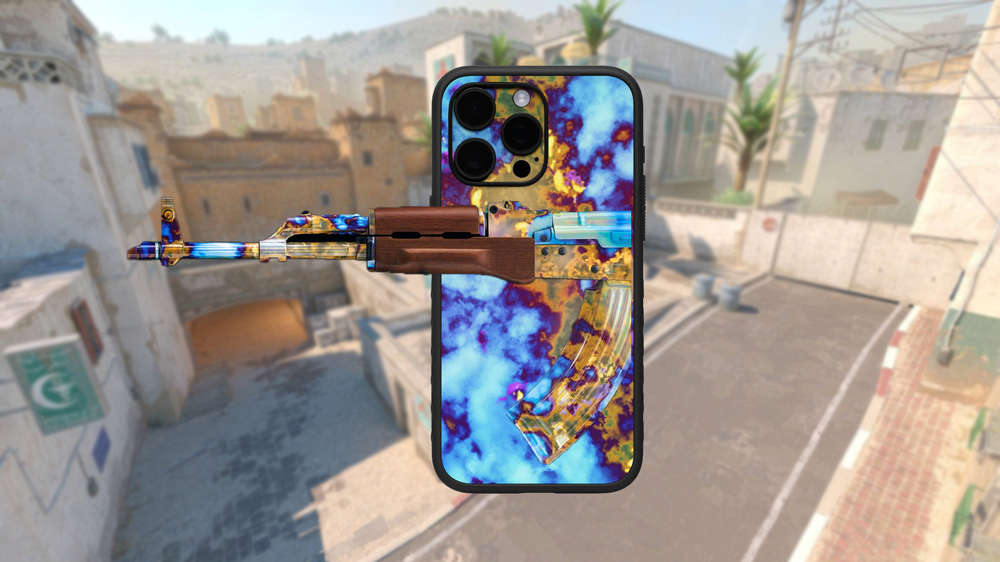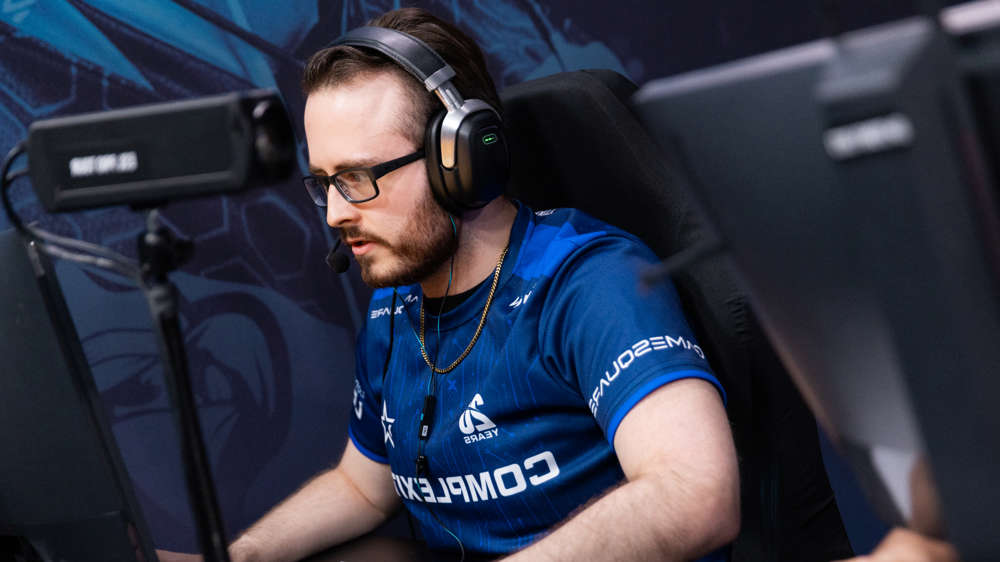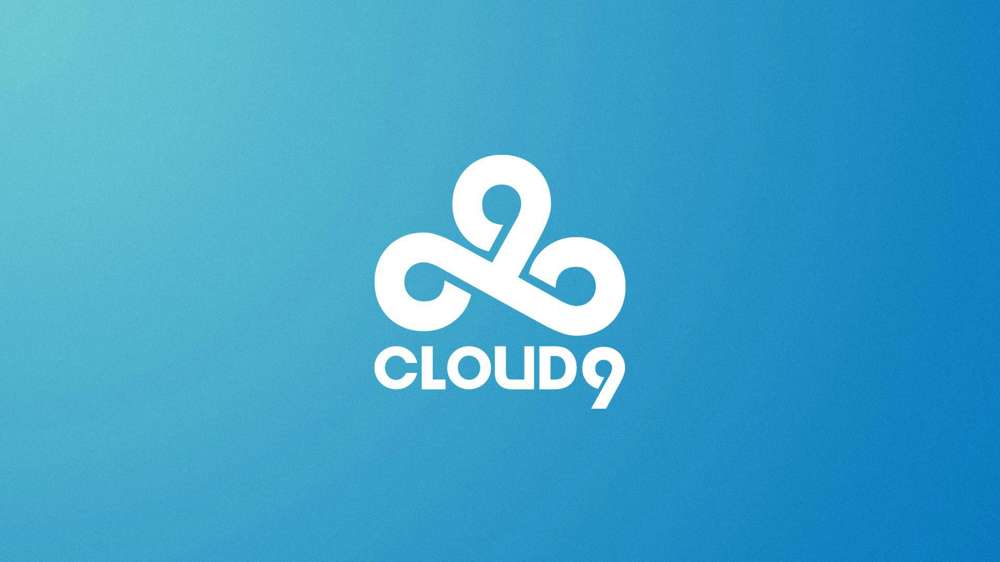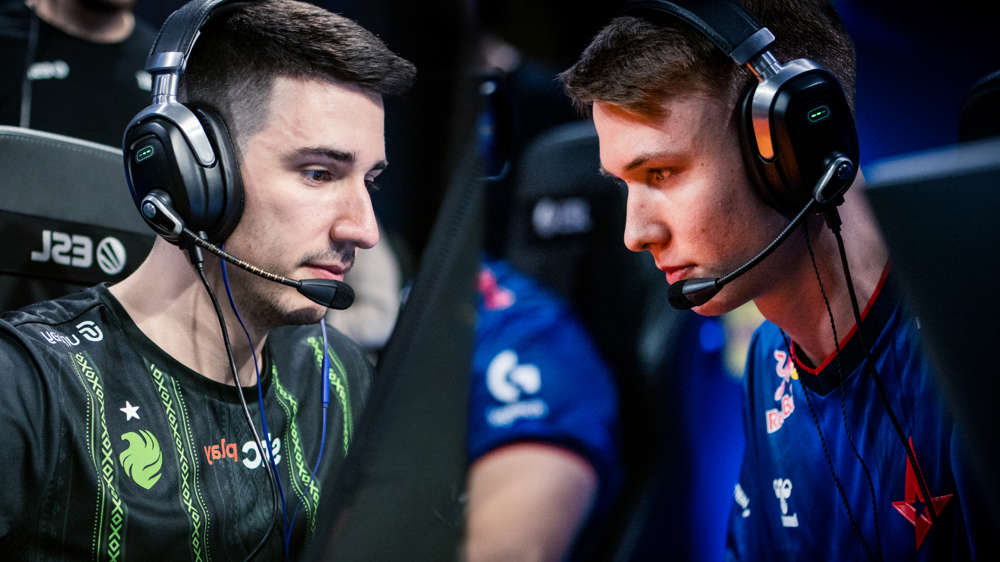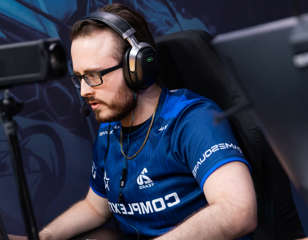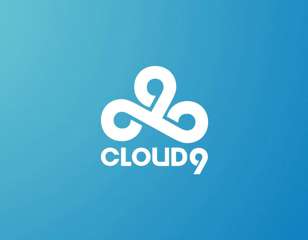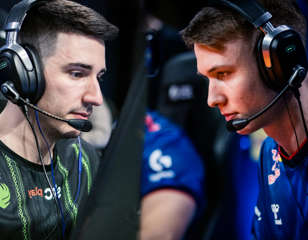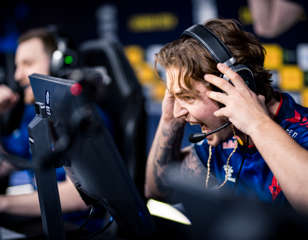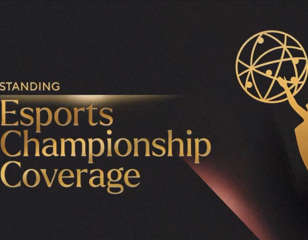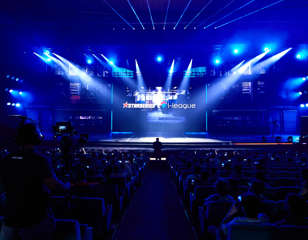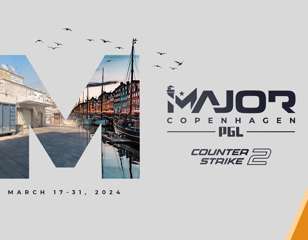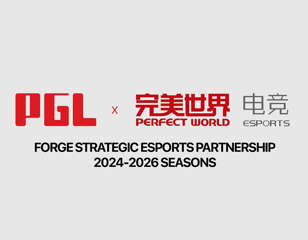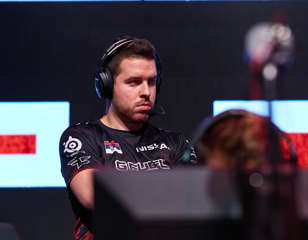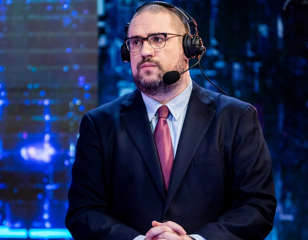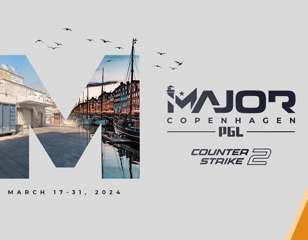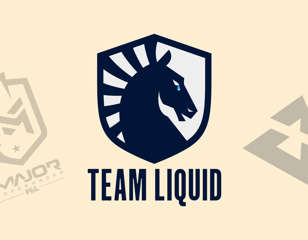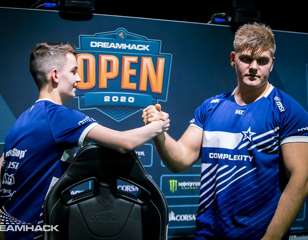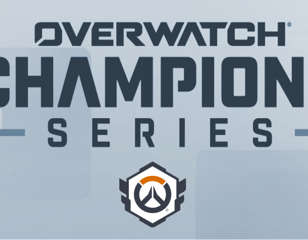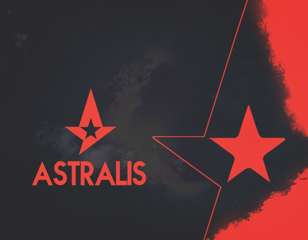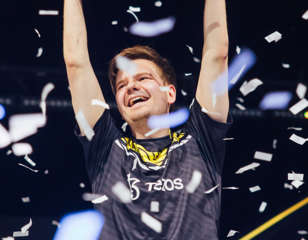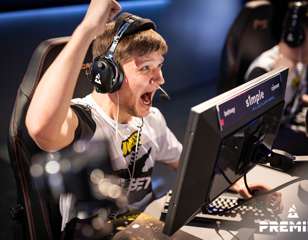Valve’s Attitude Towards Competitive Integrity is a Threat to Esports
Valve's recent ruling to allow MIBR to compete against Yeah despite having previously invested in the Brasilian organisation may fly in the face of competitive integrity. Stuchui argues that it's hard

Stephen "stuchiu" Chiu
24th Apr 2020 17:00
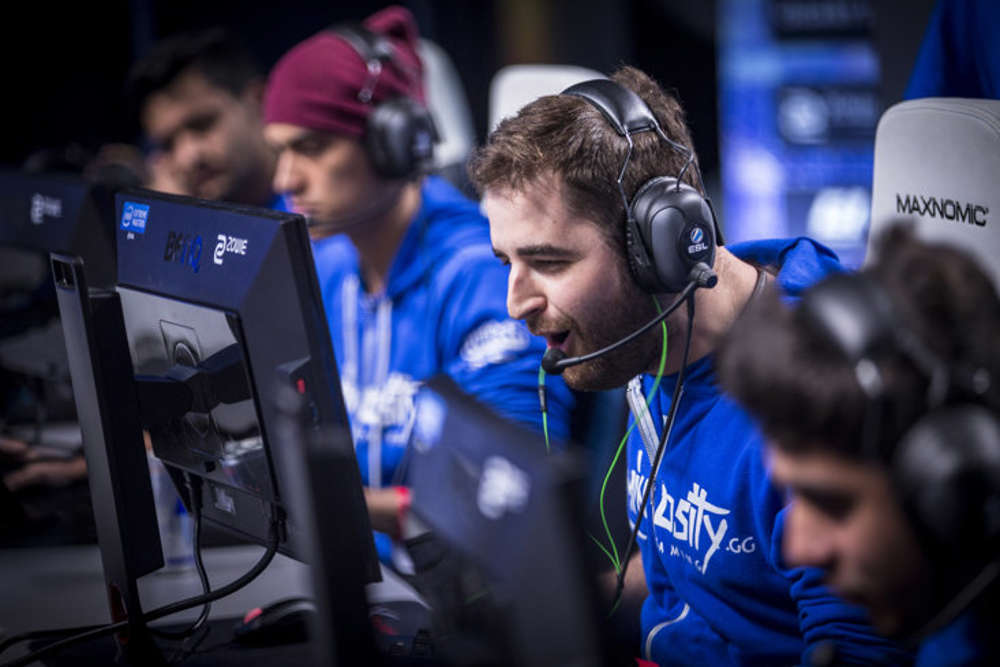
Competitive integrity is the most important value that upholds the structure of any competition. Competitive integrity is what allows fans and players to have faith in what they spectate and compete in as being real. Without that integrity, a competitive scene falls apart as spectators can’t trust the results and competitors can’t trust that the competition is fair. Despite competitive integrity being the core value of all competition, Valve’s attitude towards competitive integrity is either lackadaisical at best and hypocritical at worst.
Valve’s Open Hypocrisy
The most recent event that put Valve’s hypocrisy in the limelight HLTV’s report about how Valve has given the green light to let both MIBR and Yeah play in the Road to Rio. In the report, HLTV pointed out that current CS:GO players and figures have invested in the project in the past including: Epitacio “TACO” de Melo, Ricardo “dead” Singaglia, Wilton “zews” Prado, Marcelo “Coldzera” David, and Gabriel “FalleN” Toledo.
This flies in the face of their “Keeping Things Competitive” blog which they posted on September 1st. It states, “In open events, like the Majors, teams with these business arrangements may have (real or perceived) financial interest in the success of teams that they are competing with. In order to participate in Majors, we require that players, teams, and tournament operators confirm that they have no existing conflicts of interest, or if they do, disclose them and work to resolve them.”
While that was the first time Valve put it up on a blog, it was also a part of the ruleset for Majors. Back in 2018, Richard Lewis reported about rule 6.7 at the FACEIT Major. It reads:
“Teams and players should not have any financial interest in the success of any team that they are competing against. To participate in the 2018 Fall Major, players and teams are required to affirm that they have no business entanglement (including, but not limited to, shared management, shared ownership of entities, licensing, and loans) with any other participating team or its players. If teams or players have an agreement or business arrangement that may be of concern, then please reach out to the tournament officials for further discussion.”
Valve’s firm statement seemed to represent a kind of existential crisis to them as they decided to open a backdoor for themselves. They followed up the “Keeping Things Competitive” blog with a “Keeping Things Transparent” blog. In the post, Valve writes, “Therefore, for 2020, teams and players registering for the Majors will be required to publicly disclose their business relationships with other participants and/or the tournament organizer, so that public conversations can be had about the value that leagues and other entanglements offer versus the risk that they pose.”
This blog is more ambiguous than the first and allows for Valve to decide whether to allow conflict of interest or not depending on how they feel. In the case of MIBR and Yeah, they use the reading that since they announced their conflict of interest, it’s fine.
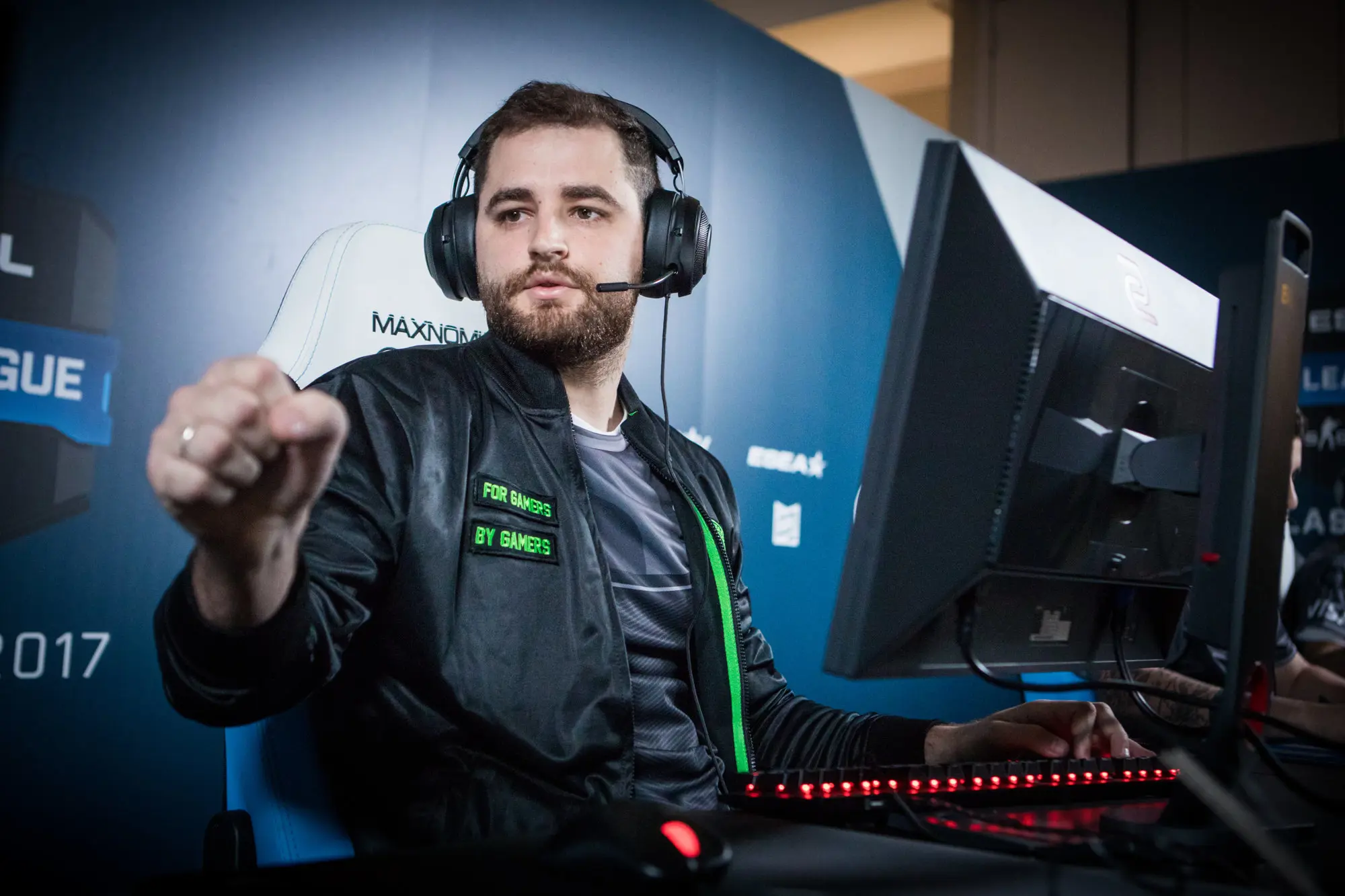
Valve’s Lackadaisical Attitude through the years
The most recent incident in CS:GO displays Valve’s open hypocrisy at its worst. While it may be easy to paint Valve as hypocritical towards competitive integrity, if we look through Valve’s history in CS:GO and Dota2 it may be more accurate to say that Valve has been lackadaisical or inattentive towards competitive integrity.
To give an analogy, they are more like the person who ignores the service engine light on their car and refuse to deal with it until the car actually breaks down and demands their attention. An example of this was the IBuyPower match-fixing scandal where Valve refused to act until Richard Lewis brought them all of the evidence.
Throughout this section, I’ll be going over numerous historical incidents of Valve’s inattentive attitude towards competitive integrity across CS:GO and Dota2. I’m fully aware that CS:GO and Dota2 have two different divisions in Valve and so they have different processes and actions. Even with that caveat, Valve has shown a consistent attitude towards both games when it comes to competitive integrity, namely that it’s fairly inattentive and sometimes deliberately ambiguous.
For instance, the IBuyPower players were all banned indefinitely (essentially for life) as a warning measure to all potential future match-fixers. Despite that heavy-handed approach, Valve hasn’t stepped up to investigate or comment on any future match-fixing. The most prominent example was Endy’s post on Weibo (translated on reddit). Endy was the founder of Flash Gaming and posted about multiple infractions that broke competitive integrity,
“As far as I know, currently there are people paying players from other teams to match-fix, using cheats in matches, trying to call-out spots in a LAN environment, threatening players' safety in LANs, and most hilariously, cutting internet cables. I have even heard that some teams pay around tens of thousands (in CNY) for the GOTV IP that allows them to spectate 10 players on the server with zero delay in online matches, and claim that they can win or lose according to their wish. Is this really Esports? Is there still a need for competing?”
Endy wrote the weibo post over a year ago and Valve hasn’t made any official statement even acknowledging it exists.
If we move over to Dota2, we see similar things happen fairly frequently. Back in 2014 both Jacko “Jacko” Soriano and Mark Adrian “BYB” Gavin were banned for match-fixing in StarLadder Season 10. Two years later in 2016, both of them played in the SEA qualifiers for the Shanghai Major. BYB was part of Execration and Execration was one of the invites to the SEA qualifier. On the other hand, Jacko played with Mineski-X in the open qualifier.
How exactly did they get away with it? Apparently whoever was running the tournament wasn’t aware that Valve banned them and Valve themselves didn’t bother checking the brackets or keeping tabs on the scene. BYB had been a part of Execration for two months before the Shanghai qualifiers started and it was only at that point did Valve remind them that he was banned. Jacko won the open slot qualifiers with Mineski-X. While Valve tried to fix the mistake by banning them both, the damage was already done. Both Execration and Mineski-X got last-minute stand-ins. I imagine that all of the teams that lost to Mineski-X in the bracket felt bitter knowing that they had lost to a team that fielded a banned player.
This incident represents Valve’s general attitude towards competitive integrity. It’s not that they don’t care, it’s more that they don’t even notice until it blows up. In CS:GO for instance, Oleksandr “s1mple” Kostyliev was a stand-in for NiP. This was an egregious breach of competitive integrity as s1mple isn’t an average pro, but the most talented player to ever play CS:GO. He could have easily ruined another team’s chances for a fair shot at qualifying just like how Jacko ruined other team’s chances in the SEA qualifier. Valve never commented on the situation and to this day, I’m not even sure they are aware it ever happened.
Ambiguity and the “Feel” Factor
Another example is the ongoing ambiguity towards Valve’s regional qualifier lines in Dota2. Valve has instituted direct slots to different regions to help different regions grow. While the sentiment is noble, Valve has been fairly ambiguous on what teams can compete where. After all, if a NA team lives and plays in SEA, then they are helping that region grow and are therefore entitled to play in that region’s qualifier.
Of course it’s rarely that clear cut and dry as teams have exploited this ambiguity to try to compete in weaker regions for a potential slot. One of the first times this happened was in the Americas Boston Major Qualifier, there were two European teams:Prodota Gaming and Elements Pro Gaming. EPG went 3-4 in the round-robin group stage and if they had won one more game, we could have seen an EU team representing the Americas region.
A lot of players and teams realized the potential for exploitation and in 2018, Peter “ppd” Dager revealed a conversation he had with Valve about this issue on twitter. “I asked Valve last year if we (OpTic) could play SA TI qualifiers from Brazil last year and was told no. I asked again this year if NiP could train in EU and travel to Brazil (we have facilities there for our R6 squad) and play the DPC qualifiers. To this I was told "if you feel like you're cheating the system, you probably are, and that is unacceptable."
This is exactly what is happening with CCNC's team and to some extent Pain Gaming. These teams are spending 1-2 weeks in Brazil for the major qualifier and then are returning back to their homes.”
The line “if you feel like you’re cheating the system, you probably are, and that is unacceptable.” is the closest motto I’ve found that encapsulates Valve’s attitude towards competitive integrity. As long as they don’t “feel” that someone is cheating, Valve won’t intervene regardless of whether someone infracts on the spirit or word of the rules. For instance, the rule for a line-up to keep their CS:GO Major slot for the majority of CS:GO history was the three out of five rule.
At the FACEIT Major, Cloud9 played with: Tyler “Skadoodle” Latham, Timothy “autimatic” Ta, Will “RUSH” Wierzba, Maikil “Golden” Selim, and Martin “STYKO” Styk. At FACEIT London, their line-up was: Robin “flusha” Ronnquist, Fabien “kioShiMa’ Fiey, Jordan “Zellsis” Montemurro, autimatic, and RUSH. At the time Golden had health issues and Zellsis was standing-in for him. Cloud9 was able to keep their Major slot by submitting Golden as part of their main line-up and put Zellsis in as coach and then swapped them for the actual games.
This was essentially breaking the spirit of the law, though it was technically within the words of the law. However, if we follow Valve’s logic, it didn’t “feel” like cheating in the sense that Zellsis wasn’t an obvious upgrade over Golden as Golden was the in-game leader of Cloud9.
Feel is a deliberately vague term. For instance, in the WePlay! Pushka League, a team “feels” like they cheated the system. The league is divided into two divisions. Division 1 is the main league and one of the invited teams was NiP. In division two, four teams got to play and the winner of that division got promoted into division 1.
Among the four teams was Chicken Fighters, who lost in the first round. Despite losing and placing 3-4th, they get to play in division 1 as NiP recently broke up their roster and recruited the Chicken Fighters line-up. If a team bombs out of a qualifier, but then gets the rewards of the winner, it certainly “feels” like cheating. Of course, Valve can always say it doesn’t “feel” that way to them.
The Lingering Questions of CS:GO’s Online Purgatory
Why it Matters
Valve’s deliberate ambiguity, general lackadaisical attitude, and sometimes outright hypocrisy towards competitive integrity is a direct threat towards all of their esports competitions. Competitive integrity creates the rules and spirit of the competition that lets fans and players have faith in fair competition. The faith in those rules and spirit then gives value to the results of tournaments. We know that the winner didn’t cheat his way to the trophy, but that he deserved it and that everyone he faced tried as hard as they could to beat him.
However once that competitive integrity breaks down, matches start to lose their value and fans start to lose their faith in the entire system. This is what we saw with Ma “sAviOr” Jae Yoon’s match-fixing scandal back in Brood War. That is an extreme example, so perhaps a more salient example of how a lack of competitive integrity can hurt a result is the WCS 2013 OSL in Starcraft 2.
In the ro16, Group C there were four players: Kang “First” Hyun Woo, Shin “hyvaa” Dae Kun, Jung “FanTaSy” Myung Hoon, and Jung “Rain Yoon Jong. It was a round-robin format. In the first matches of the round-robin, Rain beat hyvaa, hyvaa beat First, and First beat Rain. FanTaSy lost to both hyvaa and First.
The final match to decide whether the group went to tiebreaker games was a match between Rain and FanTaSy. This is a typical scenario in a round-robin where FanTaSy had nothing to gain from winning and Rain had everything to gain. What made it worse though was that Rain and FanTaSy were teammates on SKT. In this scenario, everyone already knew what was going to happen. Rain beat FanTaSy 2-0 and the group went to tiebreakers between hyvaa, First, and Rain.
Rain is one of the best Protoss players to ever play SC2 and someone I put on my Mount Rushmoore of SC2 players. Even so, when I talk about his results, I must put an asterisk behind this OSL. I know that Rain was a far superior player to FanTaSy in the PvT matchup and that he’d have likely won anyway, but due to the context of the match and the conflict of interest, I have to give his result slightly less credit than I would to a comparable result from a different player.
That is the only real slight I have against Rain’s body of work, but imagine if this didn’t just happen once, but multiple times. How many times does this have to happen before the entire competition becomes so tainted that it becomes meaningless? Regardless of how many instances you put that event horizon at, if this continues we will eventually hit that disaster event. Valve’s attitude towards competitive integrity is a direct threat to esports as it puts it on a potential future where matches lose their inherent competitive meaning. If it gets to that point, the entire scene falls apart.
In many ways, I consider Valve to be the best of the game developers when it comes to their esports scenes, but on this issue I have to be critical of their approach towards competitive integrity. It is the most important value in any competition and if Valve don’t start taking a more concerted interest in protecting it, it could destroy the very basis of what makes competition great.
Images courtesy of ESL

About The Author
Stephen "stuchiu" Chiu
Stephen "stuchiu" Chiu is a Freelance Journalist at GGRecon. He has previously written for other publications like Dexerto, VPEsports, and Slingshot.
